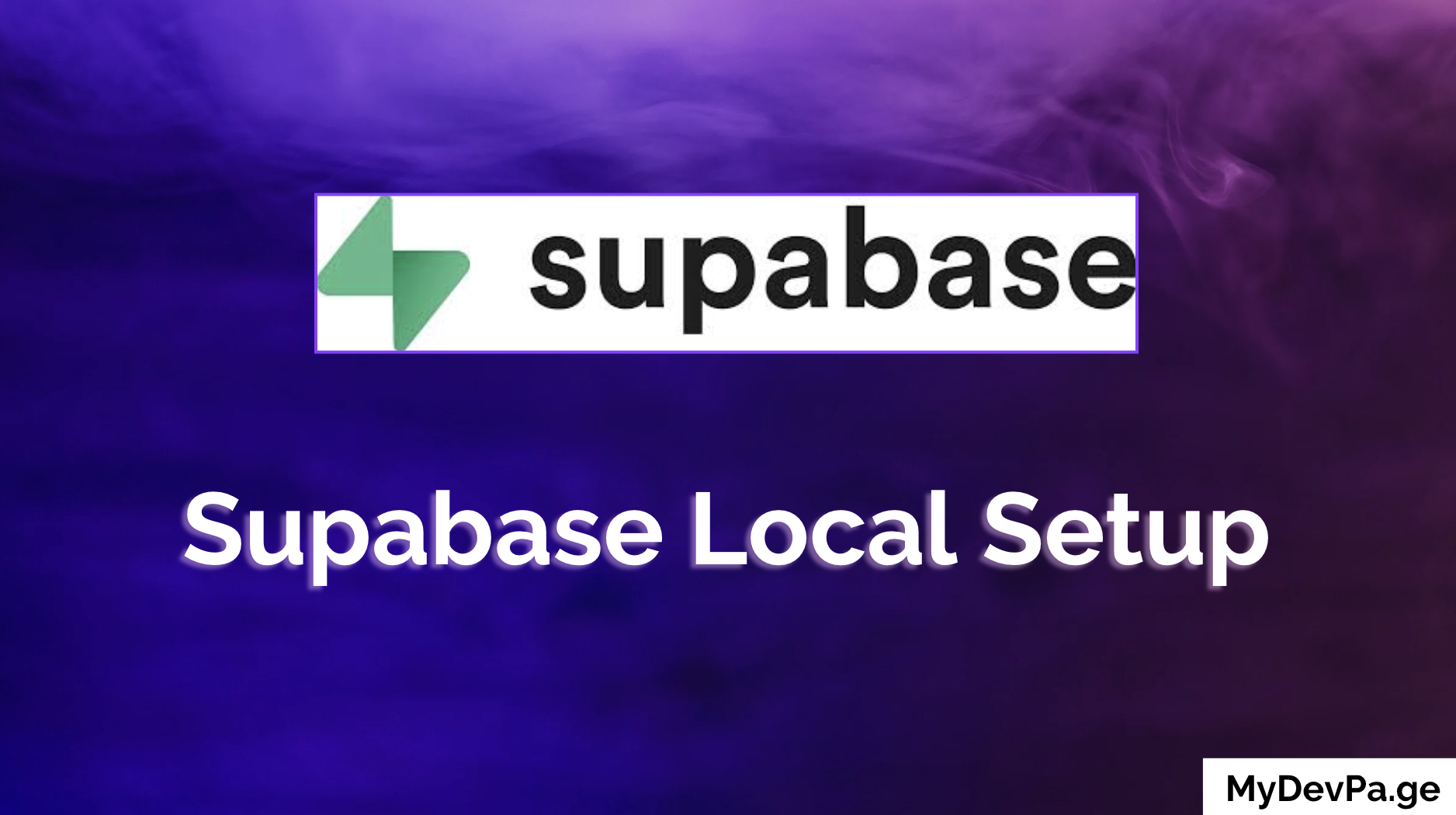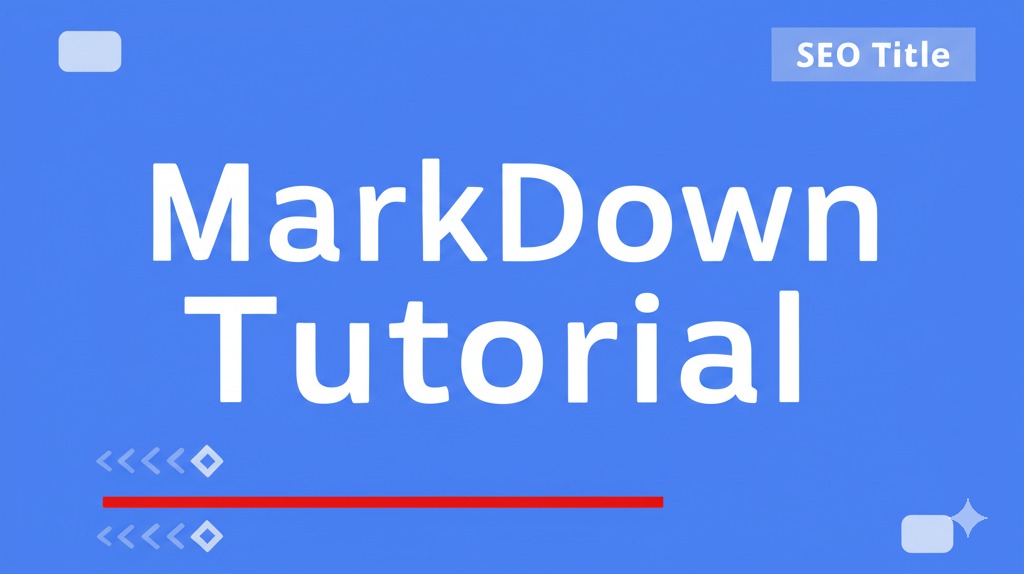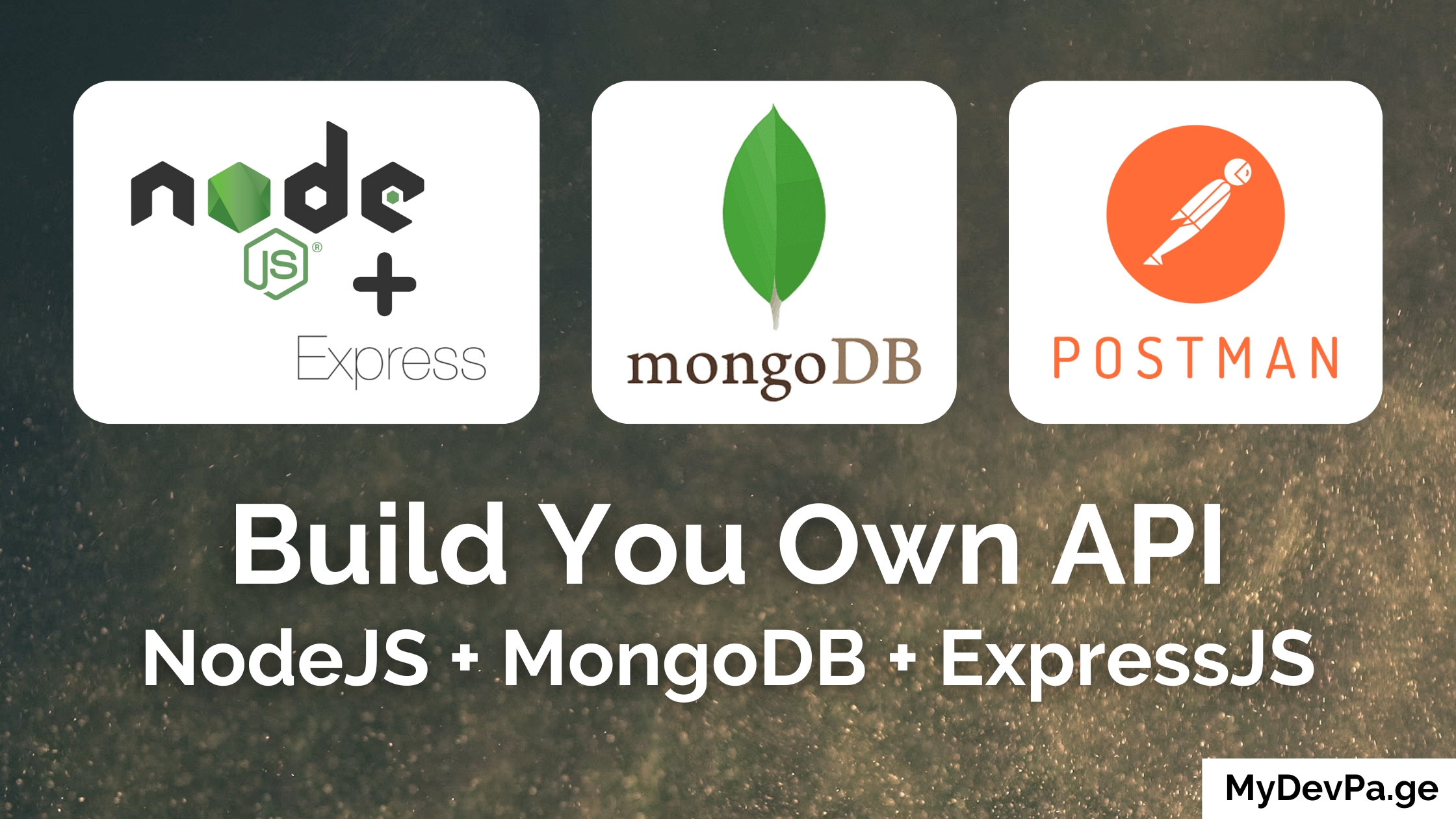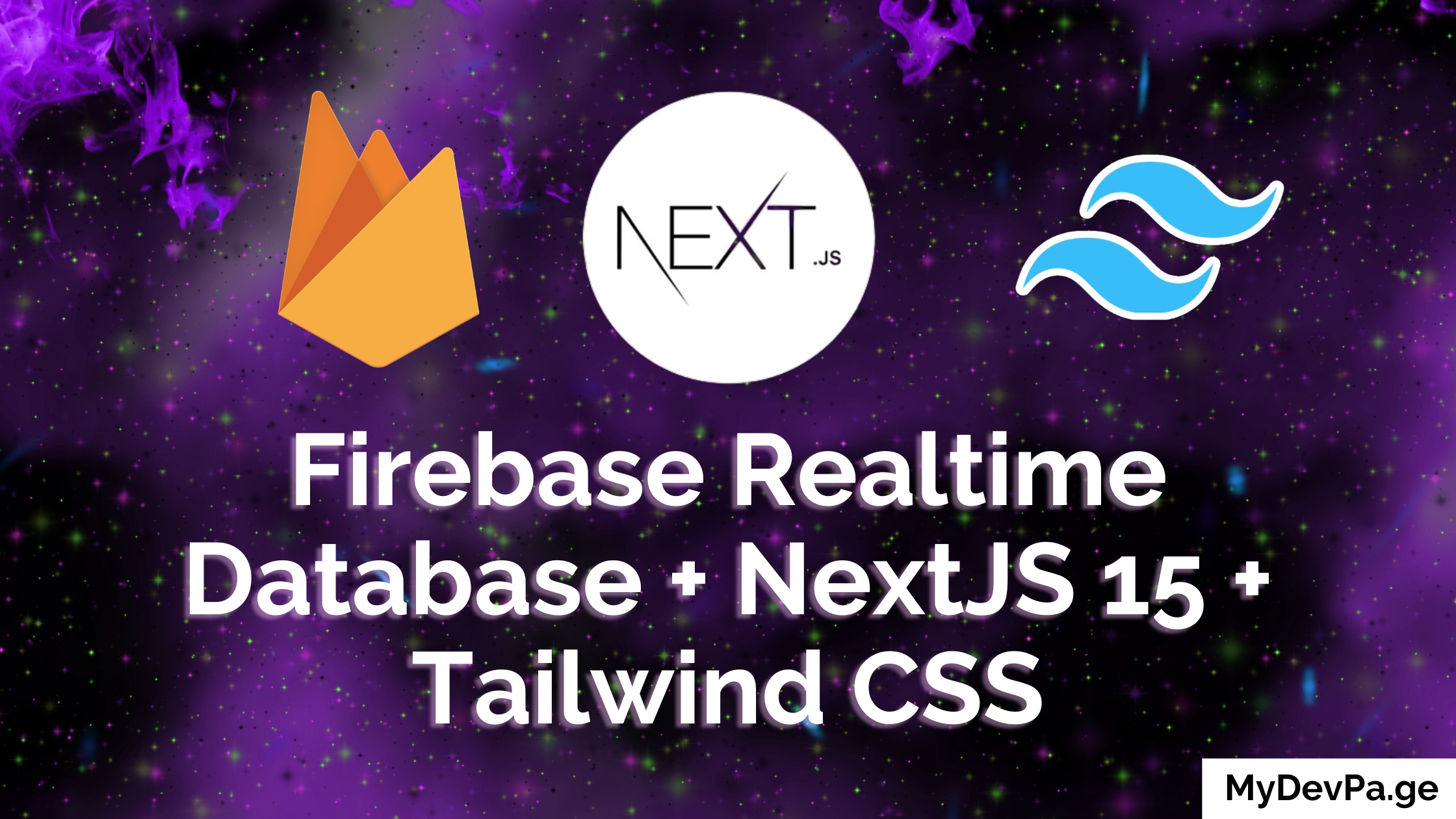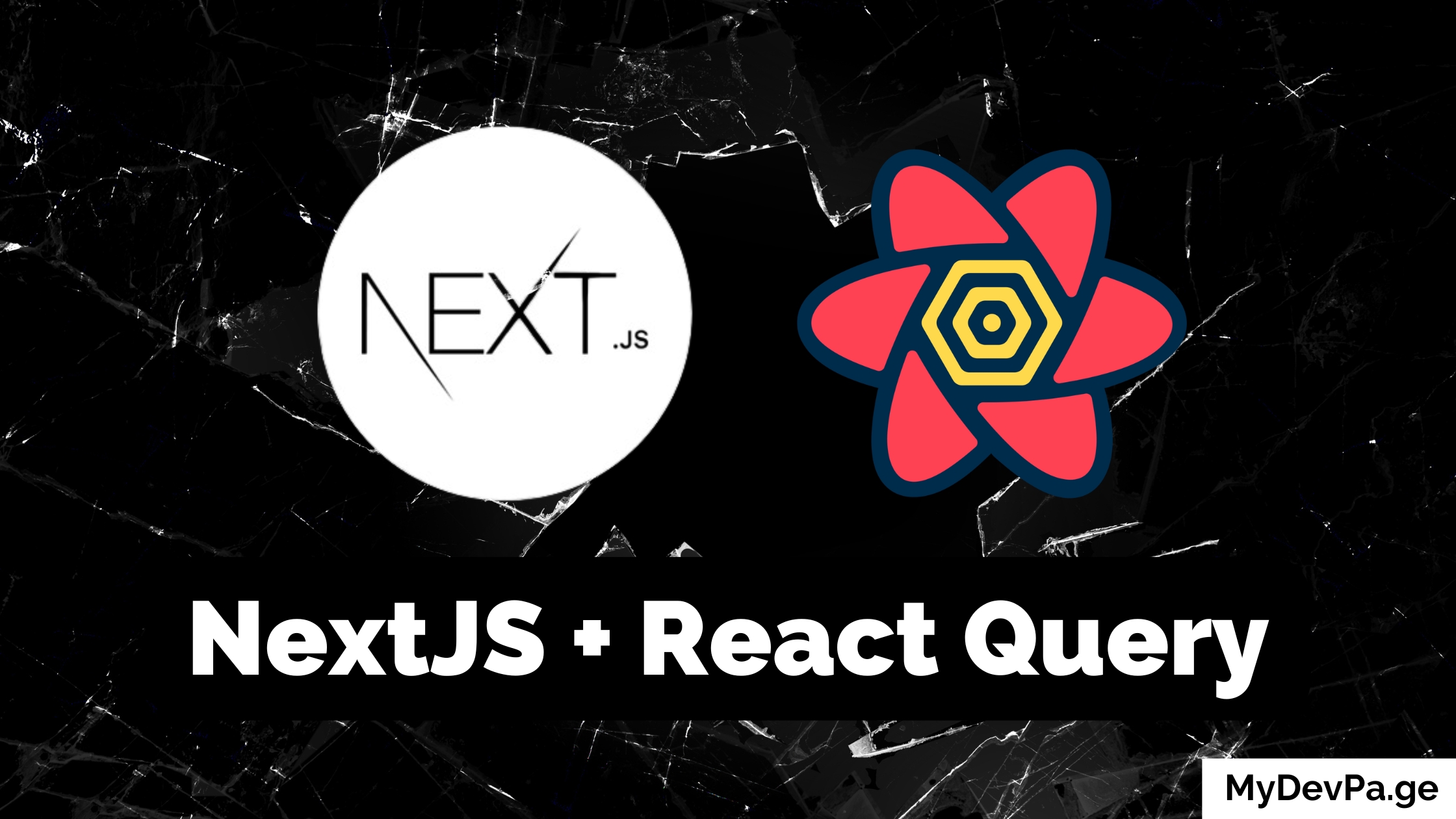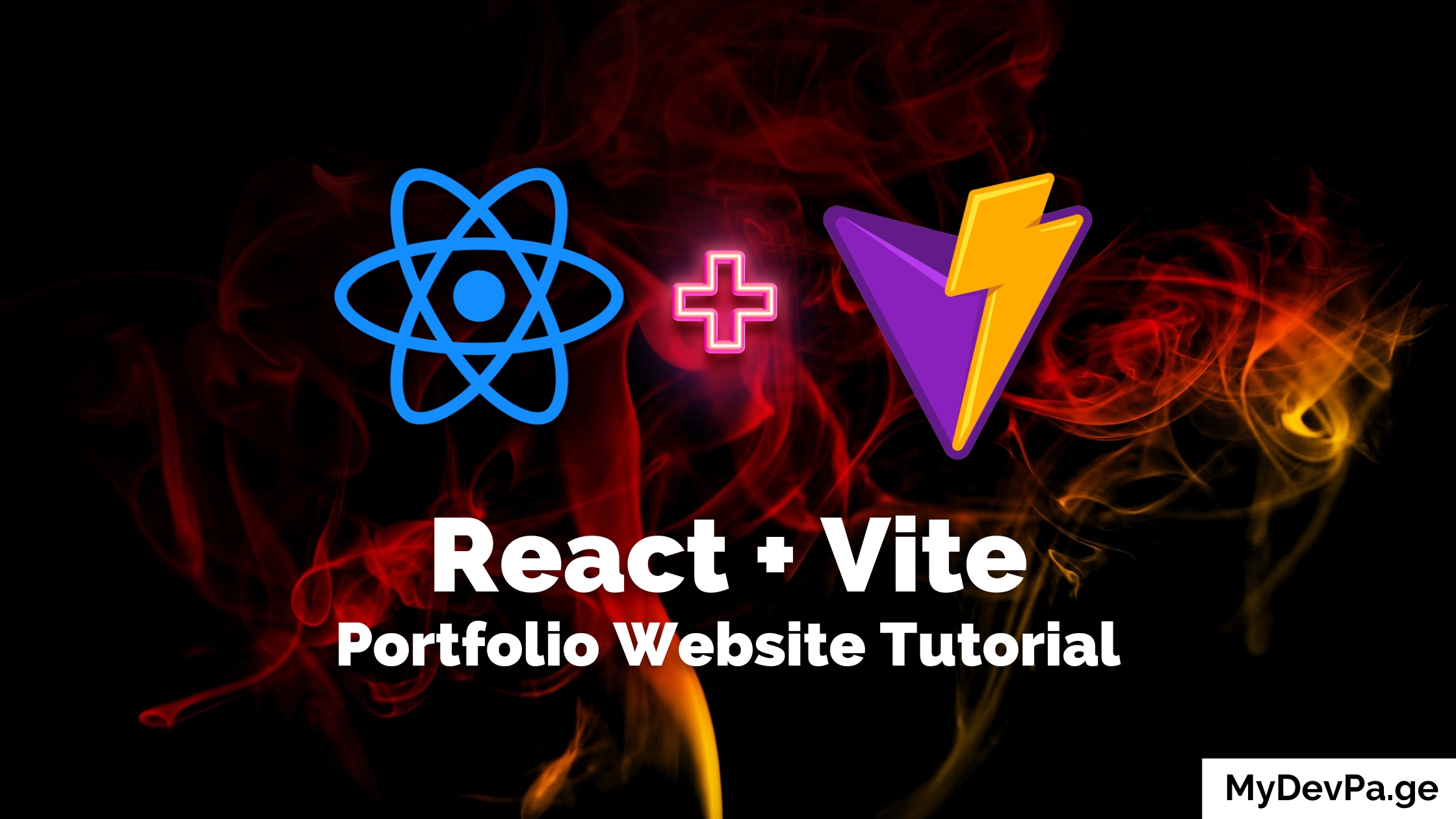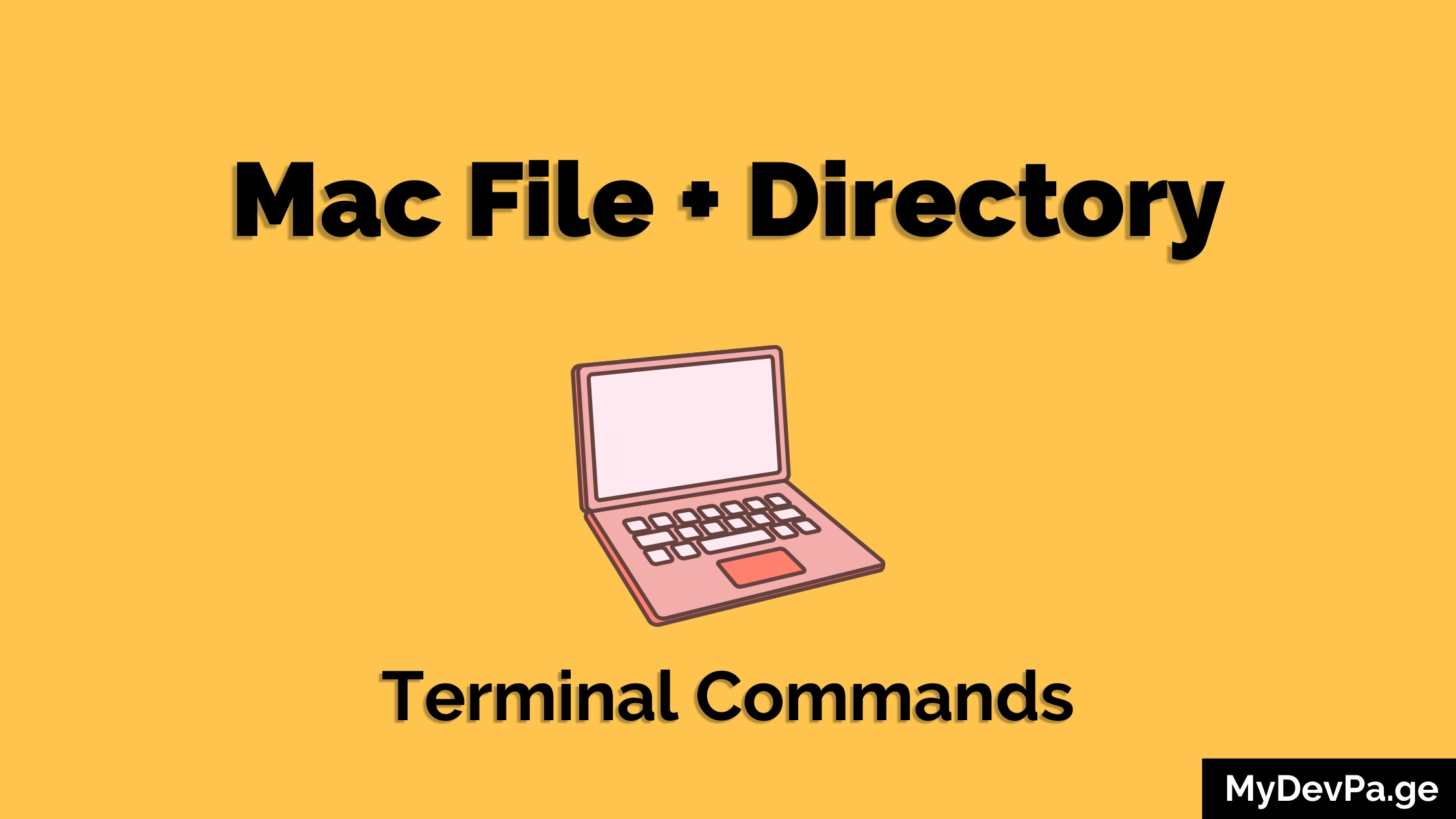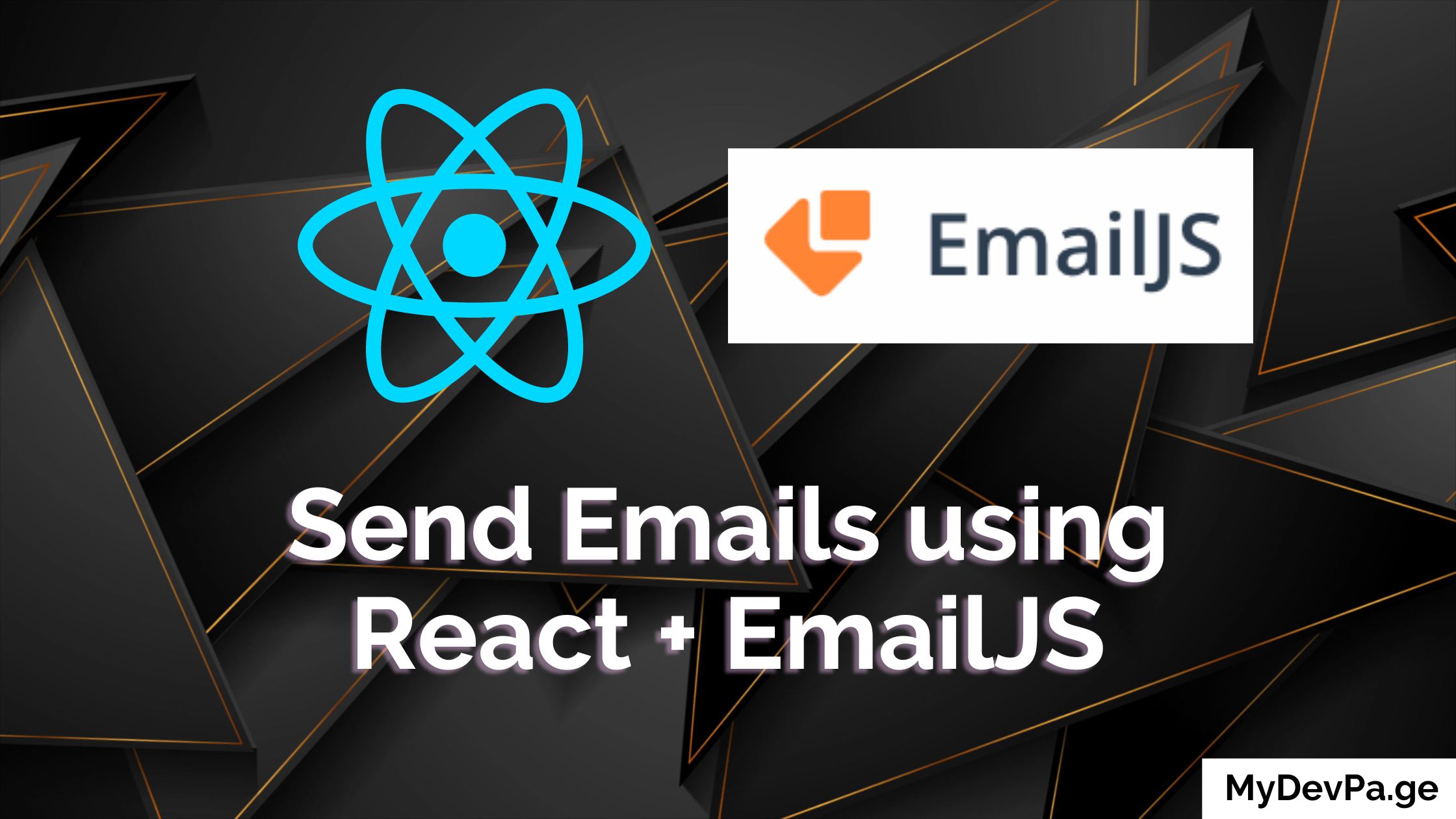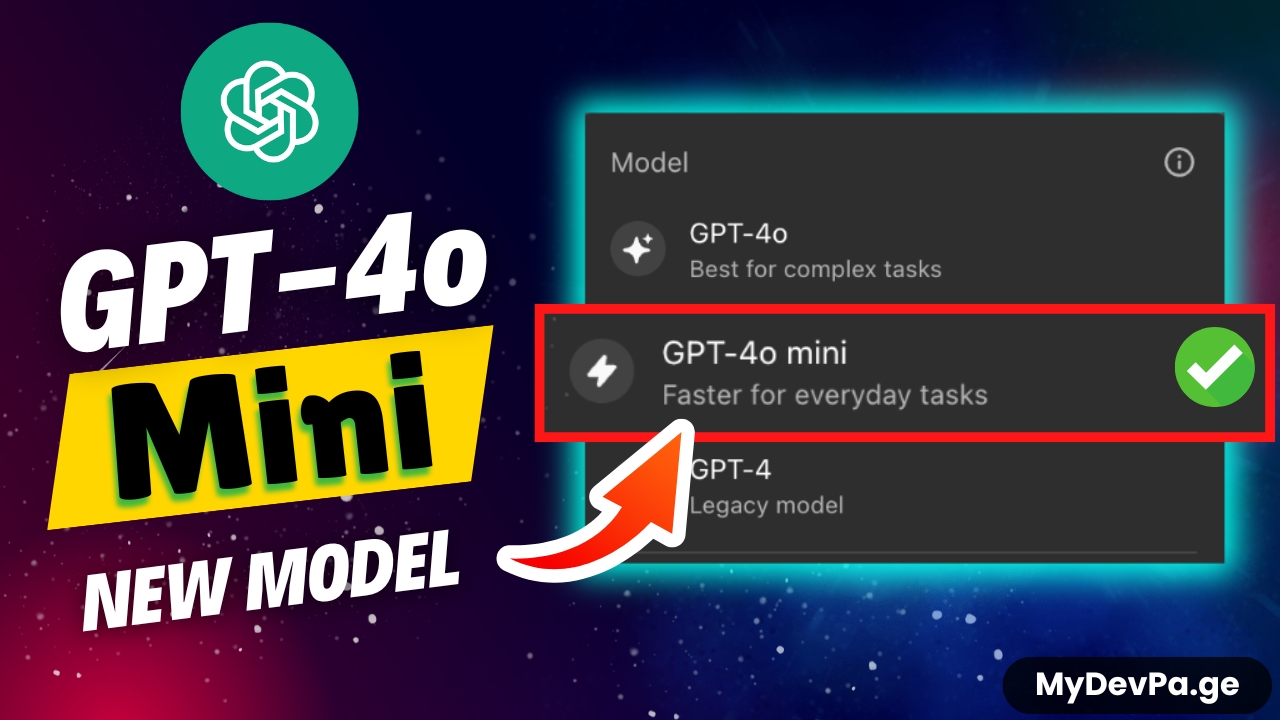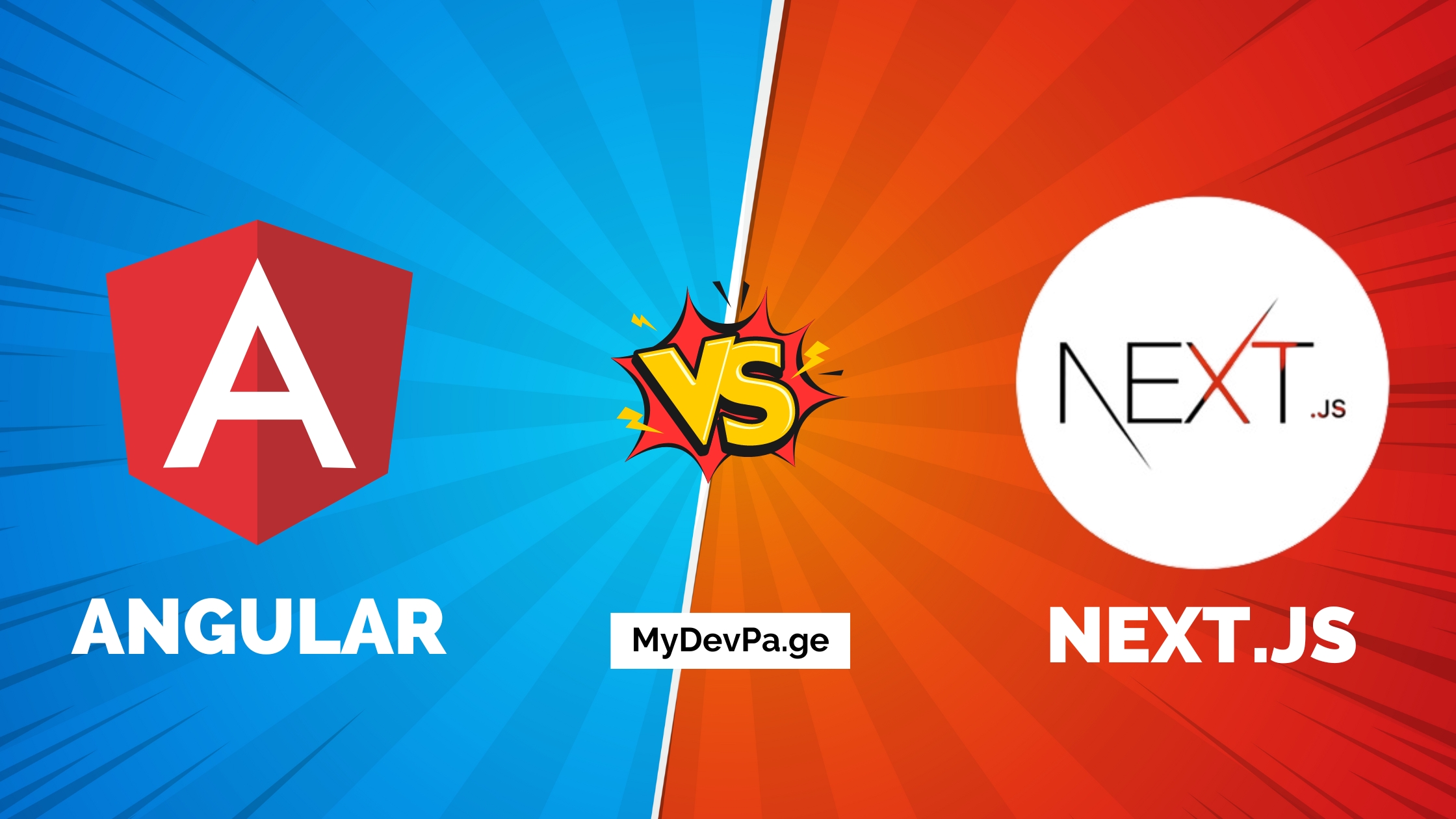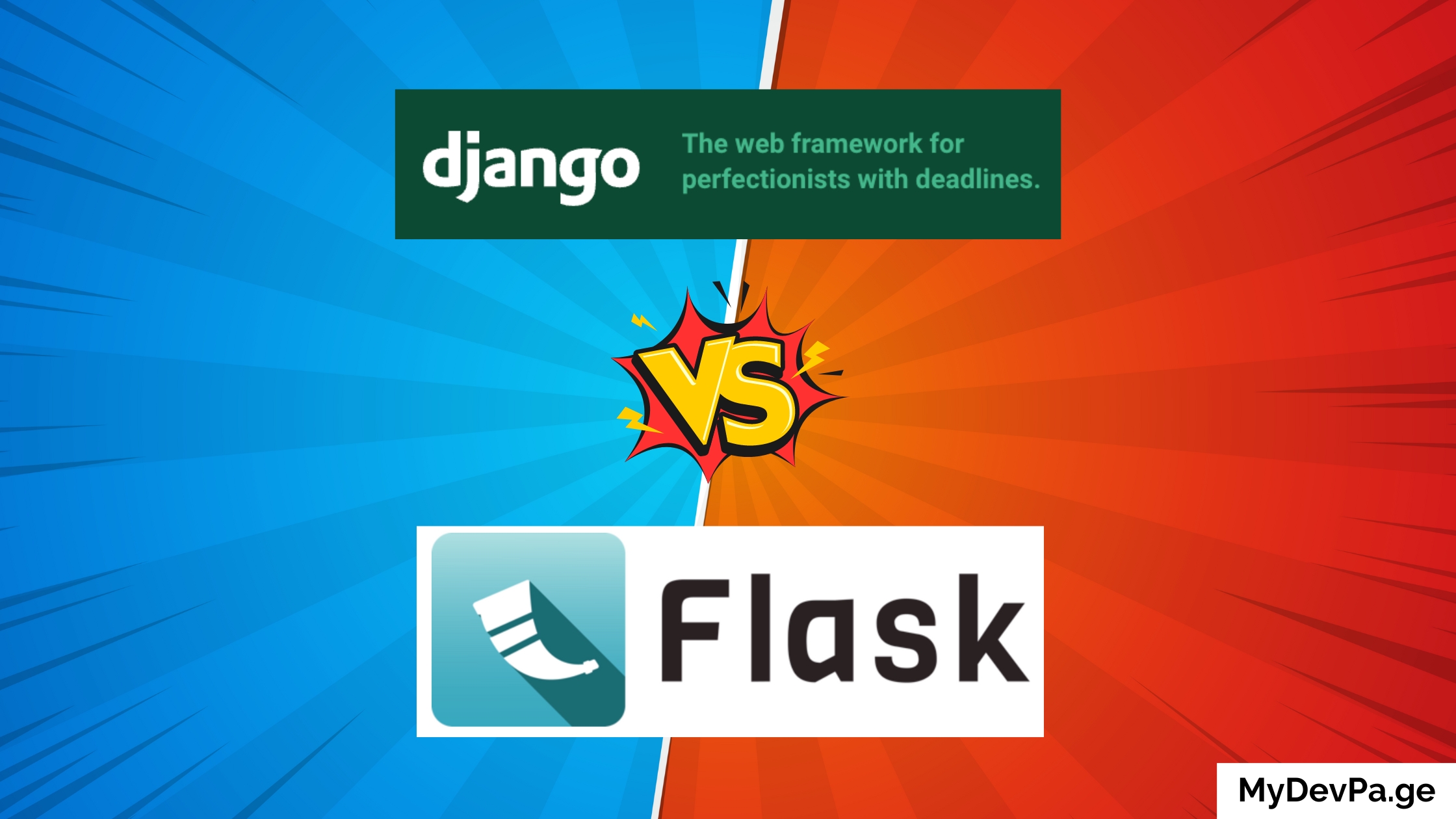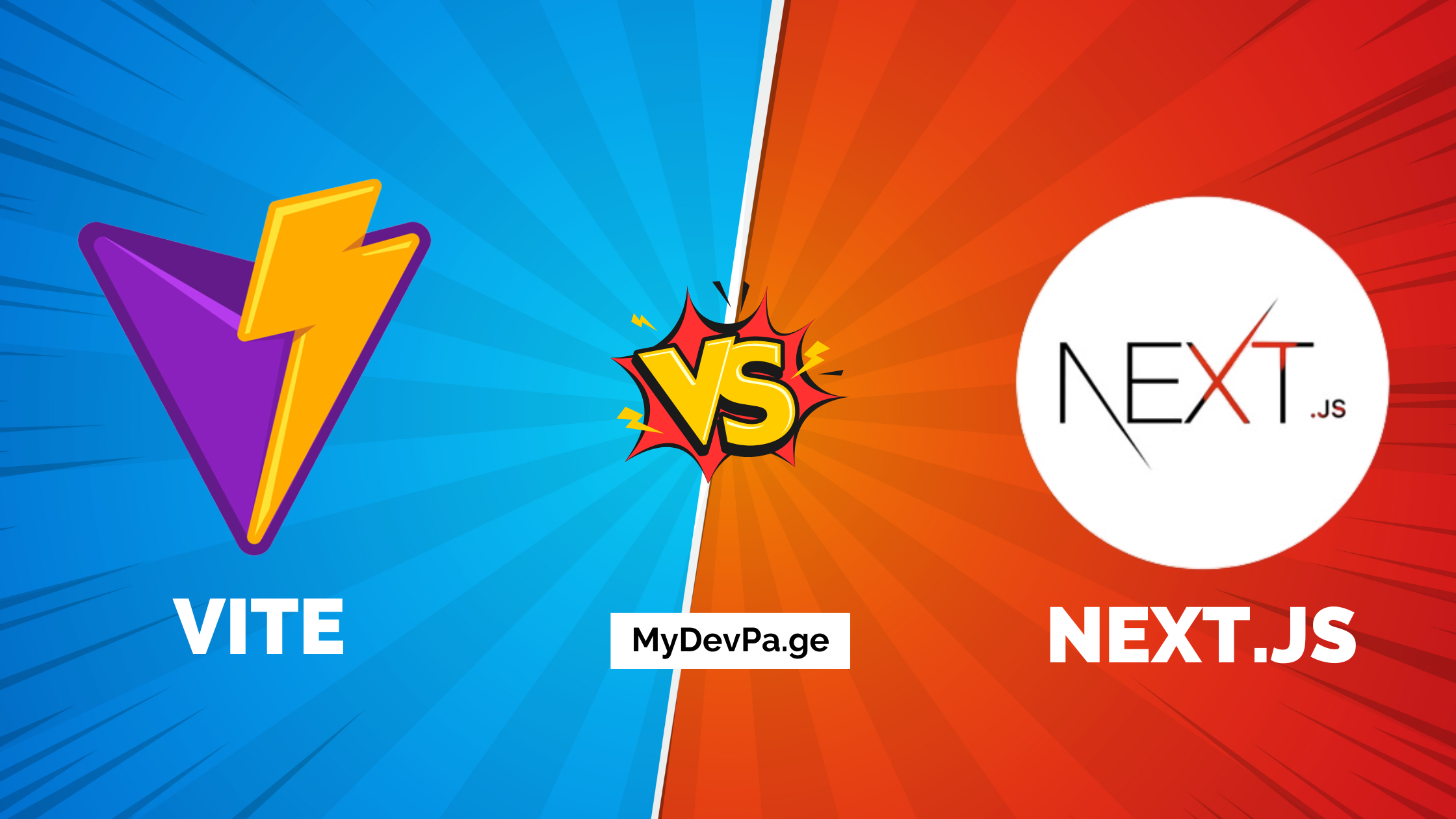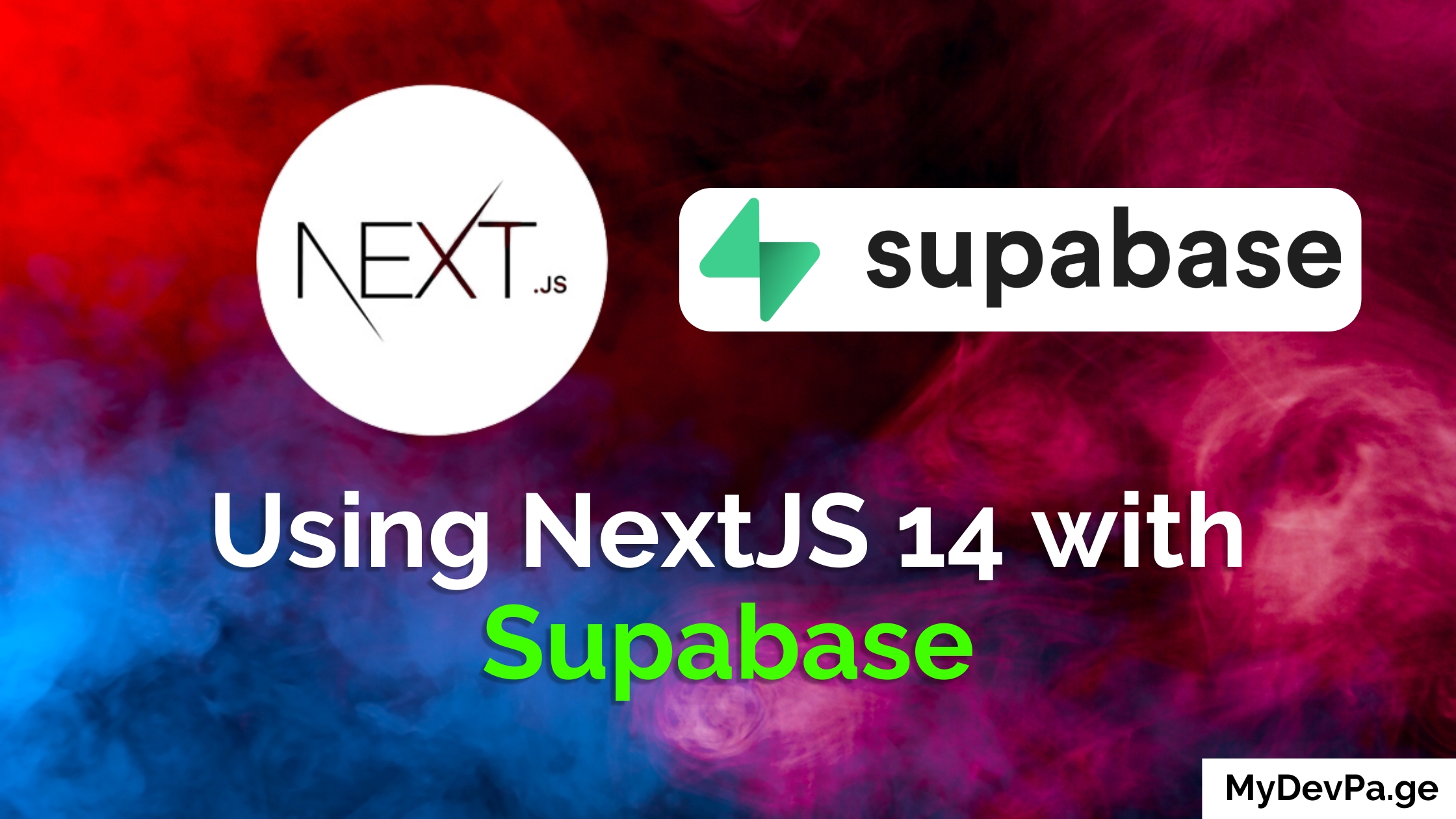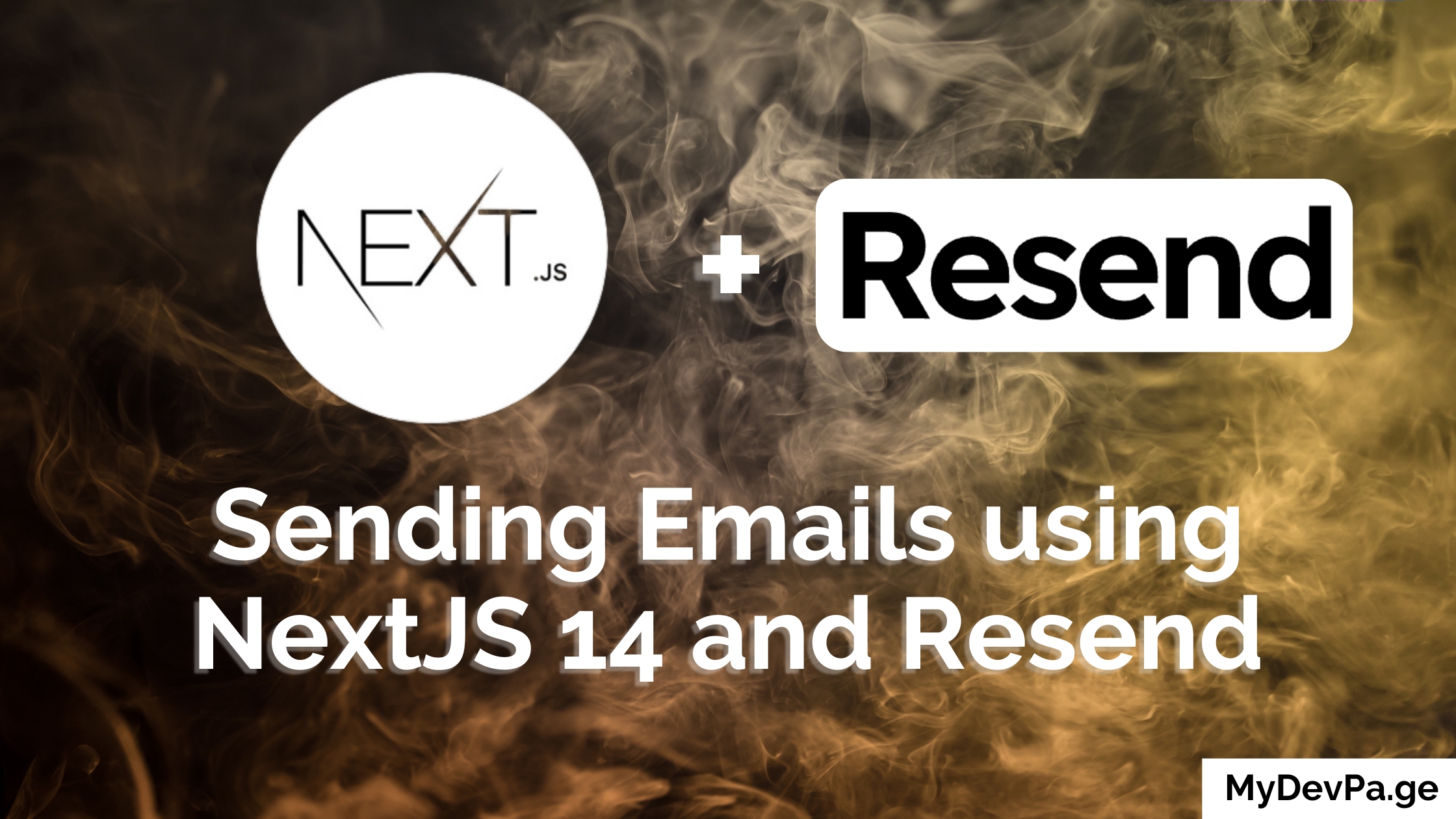The power of a portfolio website really depends on you and the contents of the website. But having one is 10x better than not having one.
Do Software Developers need a Portfolio Website?
You might be wondering,
Why would anyone bother creating a portfolio website when there is already things like LinkedIn and resumes?
In a way you'd be right. We already have things that work that recruiters look and ask for so why even bother with a portfolio website? It seems pretty optional if you think about it...
Well the truth is, it is optional.
But this can actually give you an edge over others if you do it properly. I've seen too many portfolio websites that looks like they just learned CSS and their first project was their website. Even worse I see other professionals and business websites that look this way as well.
You need to see your website as an extension of yourself. It's your own image and brand that no one can take away from you. A beautiful website that tells your story and showcases your talent is always going to leave a positive impression to others.
It's also not just something you make and forget about it for years, you should continually update it and evolve as your skillset evolves.
These are the ways you will stand out from your competition and a strong argument for why you should have and maintain your website.
How to make the best portfolio website?
I'm sure we've all seen some bad websites in the past but what are the things that actually make it good?
- Clean and simple designs: Do you prefer a messy and unorganized room? Chances are you don't. Respect the website visitors time by making it easy to scan and navigate your website.
- Friendly Introduction: Talk in first person instead of 3rd person, make it sound conversational like give your 30 second elevator pitch but in writing.
- Focus on your best projects: At the end of the day you get hired based on your skill and the best way to show your skills is through the projects you build. So make sure you showcase strong projects with good description and preferably a live link to try out the project. Pro tip: Nobody has time to clone and spin up a local dev server to see your project.
- Skills and Tech Stack: Just like choosing your projects wisely make sure you highlight your skills and tech stack you're most comfortable with. Don't just add something like Rust or Erlang because you heard it's popular right now...
- Contact form and links: Yeah people can find you if they google but make it easy as 1 click to find and contact you. Best way is to have a contact form with an email built into the website and having your social links with your email clearly displayed somewhere.
If you're thinking of building from scratch that's not a bad idea but save yourself the time and headache and use our free portfolio website builder and get a live site up and running in minutes.
Keep your Portfolio Website up to date!
Ever seen people's LinkedIn with the same job for over 10+ years? Some of them might be true but some just never update and people are left to use their imagination at that point.
So make it a habit to update it monthly or quarterly and at the very least once a year.
You can use this as motivation to work or finish that cool project or add one more skill to your tool belt. If you don't have anything new to add or updated then you know you're slacking!
Final words
I've never heard of anyone having a portfolio website that has backfired for them. So it's really a fun thing and once you have it up you'll feel super proud of yourself.
At the end of the day it's not all about the breadth of but the depth so with that being signup and get your site live right now and keep on learning!






